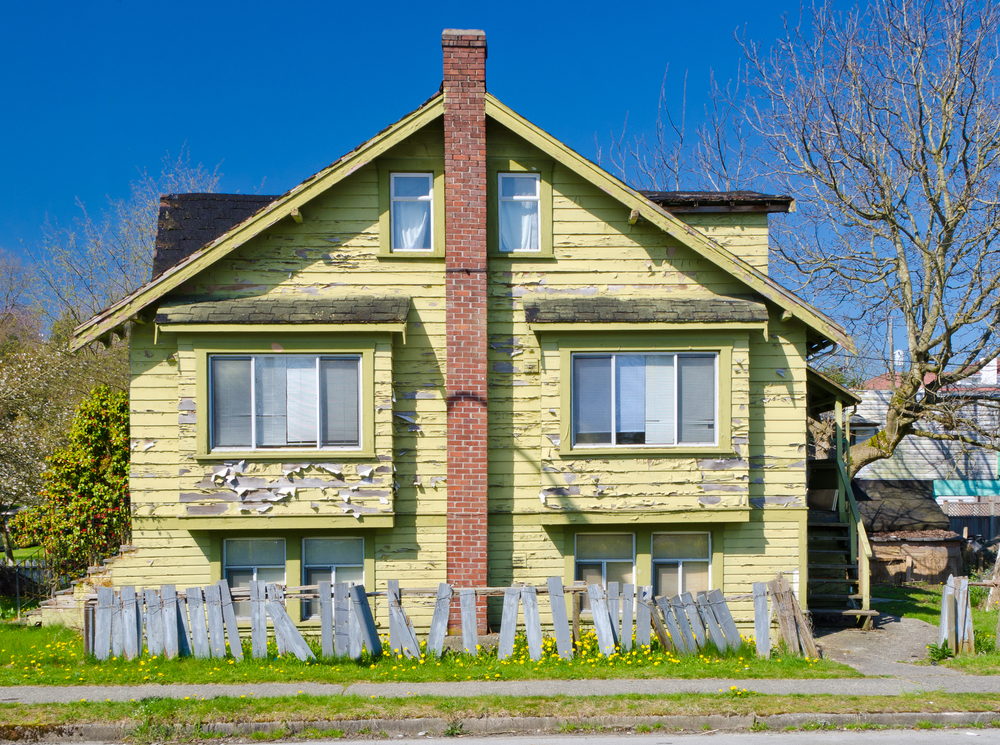<p style="text-align: justify;">As adults, we know that the oddly unsettling creaking noise we sometimes hear as we lay in bed at night is simply the old timbers of the house shifting, and is perfectly normal, and not a horror movie psychopath creeping through the house looking for us. As children, we don’t always think so logically, and so the creaking noise is definitely a monster, and the infinitely worse clanking noise is some kind of headless ghost, dragging his or her chains as they roam the corridors; because of course, we assume there used to be an old castle on the site of our totally suburban home. It’s easy to understand why a loud clanking can immediately send the mind to a place of terror, because it can sound quite disturbing, although once we get a little older, we realize that the horrible clanking noise is simply water making its way through the pipes, often not as efficiently as it could. A small amount of noise is a perfectly normal occurrence, but excessive noise is something to be mindful about; especially when buying an old house, where the pipes could potentially be something that wouldn’t look out of place in a museum. So what are some of the things you must consider when it comes to plumbing and buying an older house?</p>
<figure id="attachment_7895" aria-describedby="caption-attachment-7895" style="width: 600px" class="wp-caption aligncenter"><img class="size-Correct wp-image-7895" alt="Beware Of The Pipes: What To Consider When Buying An Old House" src="https://medusamagazine.com/wp-content/uploads/2013/10/shutterstock_75822181-600x447.jpg" width="600" height="447" /><figcaption id="caption-attachment-7895" class="wp-caption-text">Old house &#8211; Shutterstock</figcaption></figure>
<h3 style="text-align: justify;"><strong>Avoid the Lemon</strong></h3>
<p style="text-align: justify;">Whether it’s a car or a house, sometimes if it seems too good to be true, then it just might be. Even the most cynical of consumers turn soft once they get the scent of a bargain, without even considering just why a beautiful old house is so very cheap. Such happenings have been the stuff of comedy for generations, and yet if this were to happen to you, it wouldn’t exactly be amusing. Do your homework: if a house seems to be suspiciously cheap, then find out why.</p>
<h3 style="text-align: justify;"><strong>Worst Case Scenario</strong></h3>
<p style="text-align: justify;">While banging or clanking pipes can be a massive inconvenience, there are far worse things that could be happening in your pipes. A number of older homes have internal plumbing where some or even all of the pipes are constructed from lead. While lead is relatively safe, it doesn’t have the same life expectancy of copper or even some newer plastic piping. Old lead pipes can corrode, which can introduce impurities into your water supply, and extensive corrosion can result in a pipe the bursts, flooding a room with water, or even sewerage. It’s recommended that you replace lead pipes even if they don’t appear to have problems- simply because of health concerns.</p>
<h3 style="text-align: justify;"><strong>Prevention is Better Than a Cure</strong></h3>
<p style="text-align: justify;">Some people still purchase a house without undertaking a detailed inspection of the property. While property records can give you some of the information, it really should be mandatory for you to have all aspects of the property assessed by a licensed contractor and a plumber. The purchase price might just be the tip of the iceberg; and you might find yourself having to pay a huge amount more to bring the property up to scratch. A full pipe replacement might be necessary, and might even be within your budget, and yet a detailed inspection will mean that it’s not a nasty surprise.</p>
<h3 style="text-align: justify;"><strong>And Finally</strong></h3>
<p style="text-align: justify;">Something that’s not often considered when it comes to pipes is just what is flowing through them. Water varies greatly depending on your location, and some areas have far harder water than others- which is when water has a high amount of minerals. Hard water is far more intensive of the innards of a pipe, and can cut their life expectancy significantly. If in doubt about your water supply, then speak to an independent plumber. Plumbers in Indianapolis will be able to give you a far more realistic assessment of water quality in Indianapolis than the realtor who will likely assure you that everything will be just fine…</p>

Beware Of The Pipes: What To Consider When Buying An Old House
